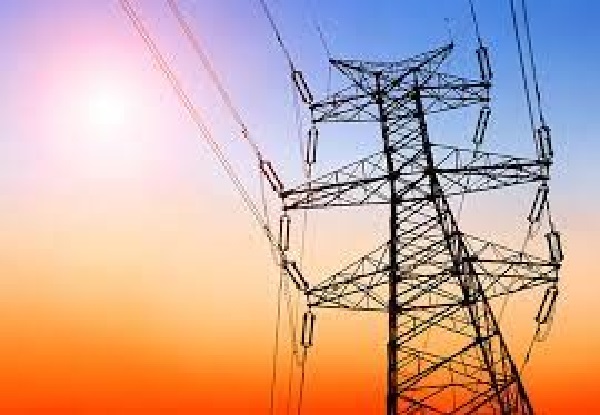In today’s Graphic Business Edition, we have highlighted issues in the energy sector in South Africa and Nigeria, a very familiar territory for Ghanaians.
It brings into perspective Ghana’s own avoidable power sector crises and the threat by the Independent Power Producers to switch off their engines sending us back to memories of the five years of energy crises between 2012 and 2017 popularly called Dumsor.
Thankfully, cool heads prevailed, the IPPs abandoned their gun-to-head kind of negotiations or so it seemed. The threat, however, still exists if the needed action of paying off the US$1.4 billion debt lingers on any further.
With the 2024 general elections on the horizon, any form of load shedding exercise would certainly be brought to the front burner of our highly competitive partisan politics.
In South Africa, a key challenge in the energy sector is the lack of investments and mismanagement of the state-owned utility company that have led to load shedding exercise and slowing down economic activity in the once vibrant economic power house in Africa.
In Nigeria, the acronym NEPA famously has two possible meanings. The first is what it was originally meant to designate, the National Electric Power Authority. (Blackouts are often met with the exclamation: “NEPA has taken the light!”). The second popular interpretation is that NEPA stands for “Never Expect Power Always”.
A name change from Nigeria Electric Power Authority (NEPA) to Power Holding Company of Nigeria with the acronym (PHCN) hasn’t helped matters. These name change has jokingly been referred to by Nigerian as “Problem Has Changed Name” (PHCN). While it sounds funny, it is preposterous that with some of the world’s huge natural energy resources at its disposal, Nigeria cannot be energy sufficient with over 50 per cent of its population lacking access to electricity.
Nigeria is the fourth largest producer of gas in the world, owning reserves estimated at 5.15 trillion cubic metres. Nigeria’s solar irradiation potential is estimated to exceed 2200 kWh/M2, capable of generating 5000 Mega Watts of electricity.
Nigeria, therefore, has the potential to generate more than 15,000 MWs of electricity per annum from the hydropower endowment of just a few of its numerous rivers. However, despite having these enormous power generation potentials, Nigeria remains acutely energy deficient.
Ghana for many years, a shining example of how to get it right in the energy sector seems to be sliding alongside the big brothers of South Africa and Nigeria.
A couple of bad decisions in the past has cost this country dearly. Over US$1.5 billion debt hangs on account of dubious contracts as recounted by the World Bank boss in Ghana, which has been our bane.
A lingering dispute between two parties in the oil and gas production is hindering the development of a potential gas exploitation for the benefit of the consumer. Reports indicate that neighbouring Cote d’ Ivoire has become the beneficiary of our seeming apathy at solving the challenges inherent in the energy sector.
What is worse for us in Ghana is our current economic challenges which has thrown every conceivable business projections out of the window. The least any business organisation or company wants to contend with currently, is any form of uncertainty that has the potential to escalate the cost of doing business in this country such as the threat of a potential energy crisis.
Graphic Business therefore calls for a major rethink of the policies that will ensure that while we may encourage private-public partnerships in especially the energy sector, we do not commit to contracts that becomes an albatross on the neck of citizens who continue to pay for this avoidable mistakes with their meagre salaries.
We need to get it right in the energy sector.
